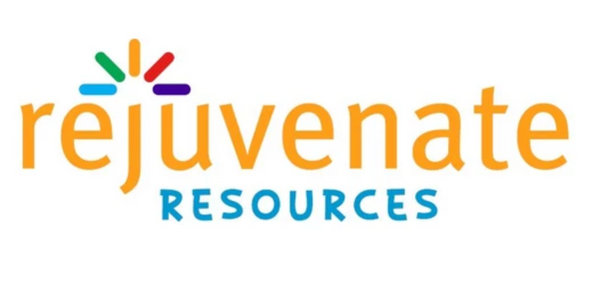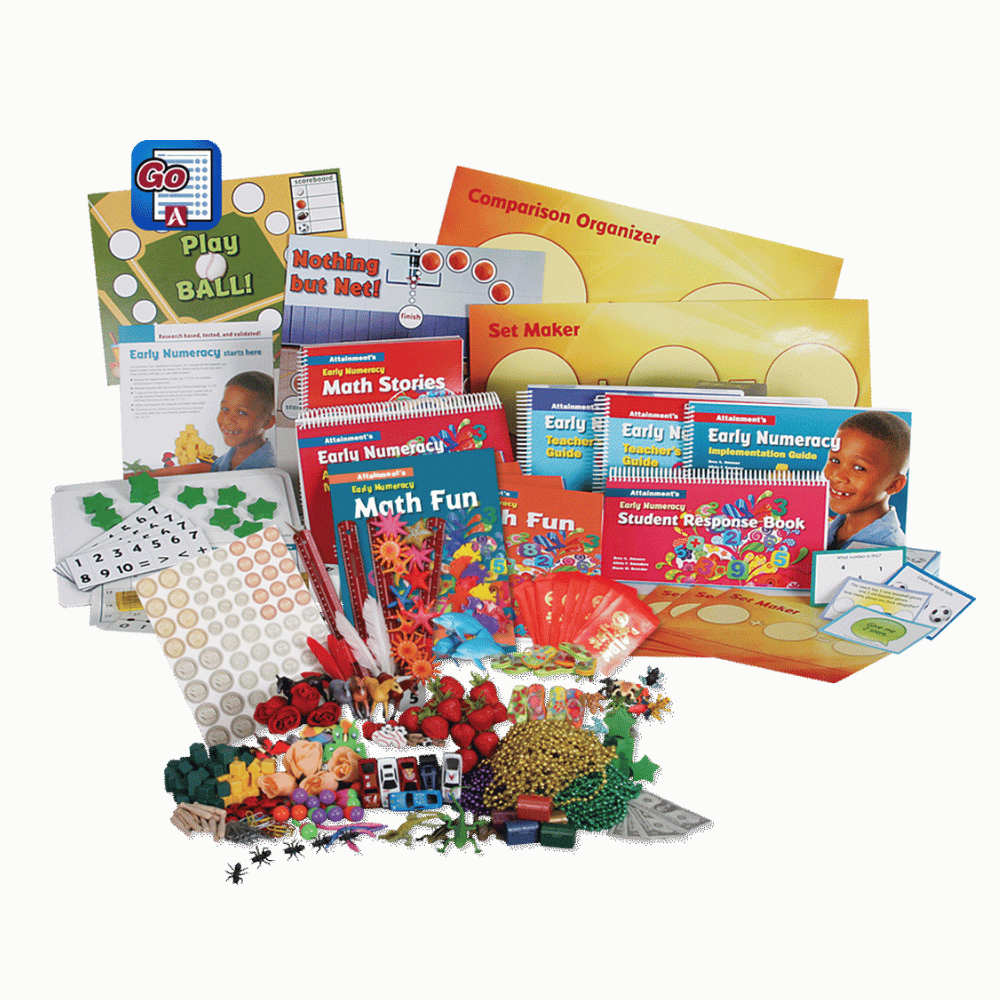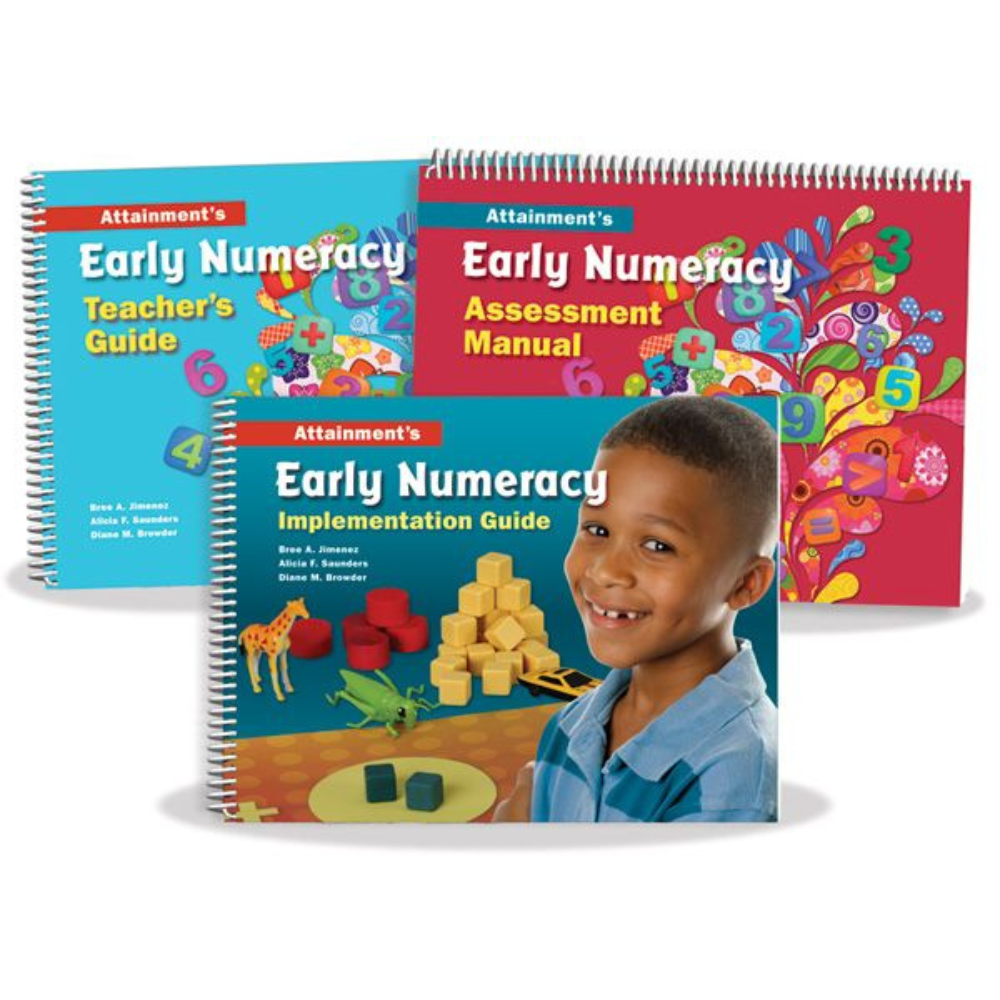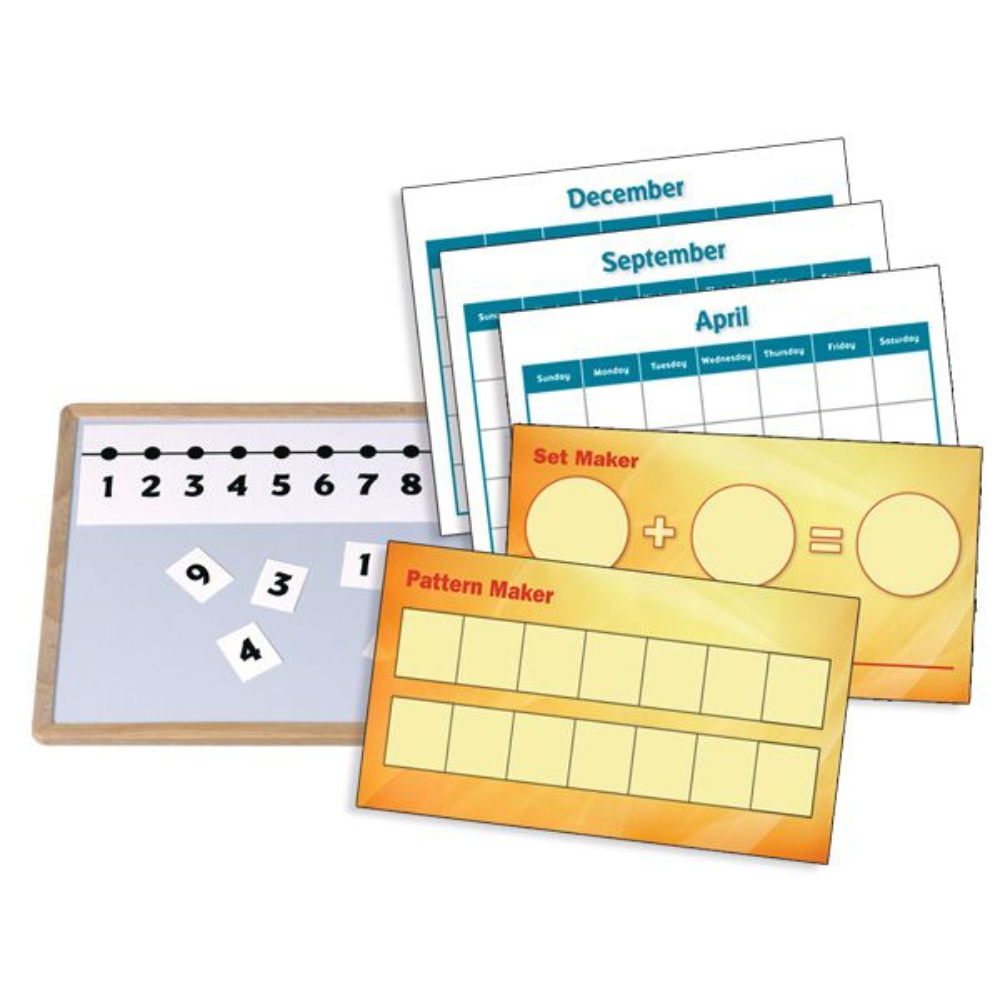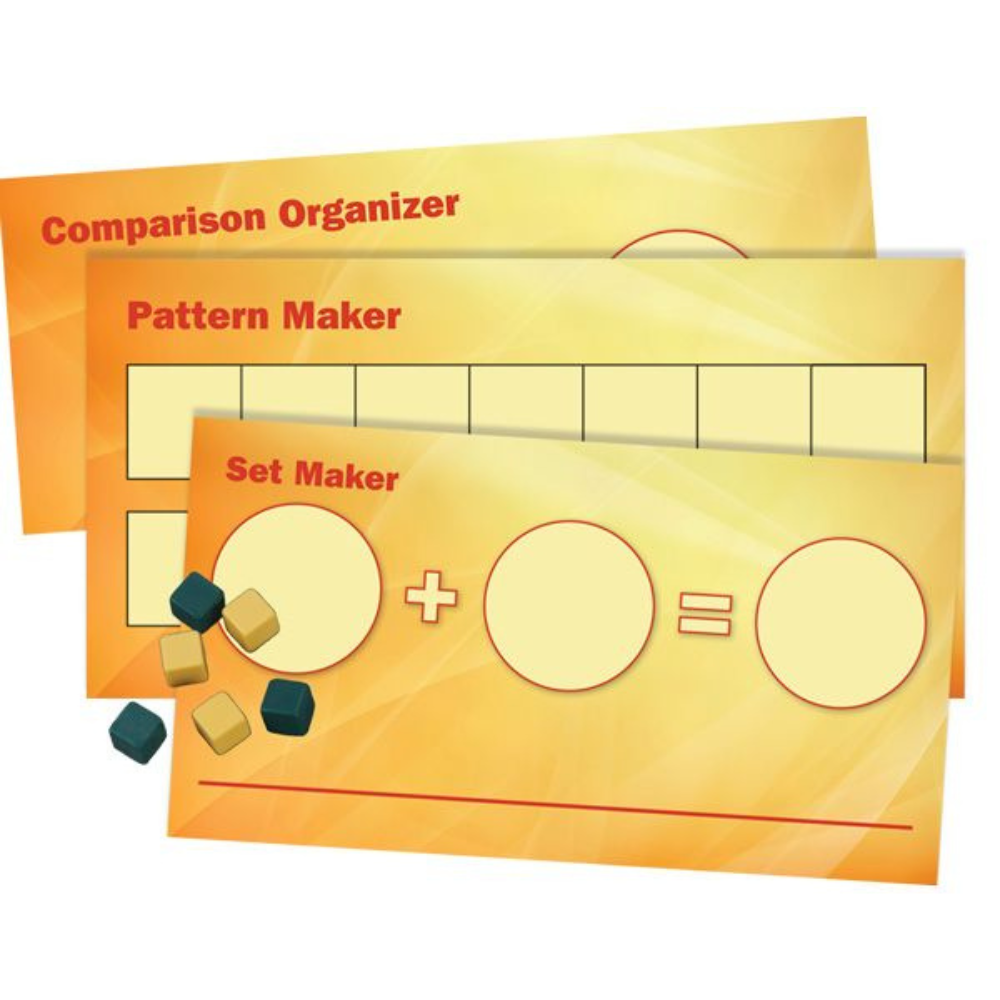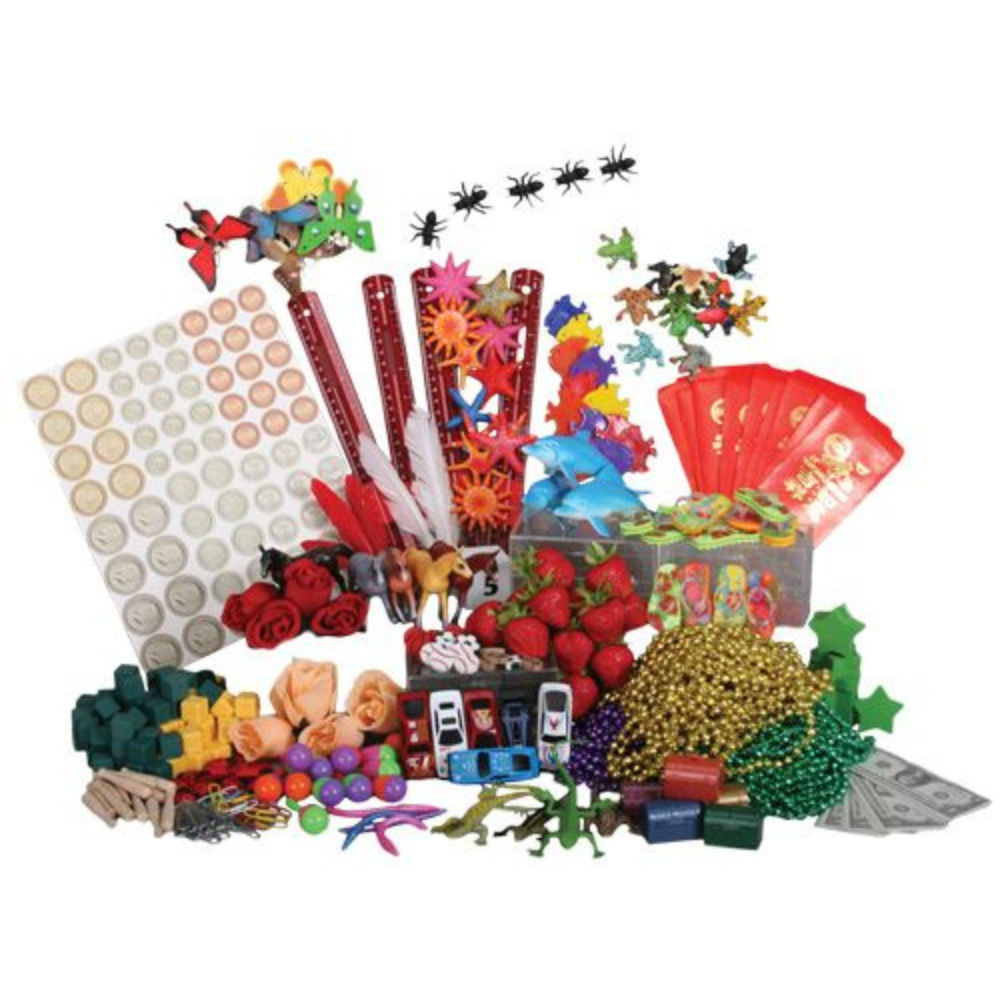Early Numeracy
Early Numeracy
By Bree Jimenez, PhD; Diane Browder, PhD; and Alicia F. Saunders, MA.
Grades K - 5 | Ages 4 - 11
SKU:#ENC30W
Differentiated Instruction
Differentiated Instruction
Early Numeracy integrates individualized student objectives to encourage active participation and access to learning.
Data Capture
Data Capture
Early Numeracy includes ongoing assessments and progress monitoring tools to capture data and document student achievement.
Research Based
Research Based
Early Numeracy uses highly effective instructional strategies supported by research to promote student learning and progress.
Standards Alignment
Standards Alignment
Early Numeracy aligns to both state and Common Core standards.
Couldn't load pickup availability
- We Accept Purchase Orders!
- Fully Secured SSL Checkout
- 30-Day Return Policy
Share
A targeted curriculum designed to help elementary students with developmental disabilities learn foundational math skills through engaging activities and lessons.
Early Numeracy is a research-based and standards-based number sense curriculum. It is a precursor for secondary curricula like Teaching to Standards: Math.
Why teachers and educators love the Early Numeracy curriculum:
- Teaches core concepts including numbers and operations, algebra, geometry, and measurement.
- Aligned with Common Core, state standards, and National Council of Teachers of Mathematics (NCTM) standards.
- Begins with one-to-one correspondence and progresses to complex addition and ABAB pattern skills.
- Incorporates several sets of story-based objects to maintain engagement with fun math themes.
- Provides a multiyear curriculum for students who use a variety of methods to communicate.
- Includes an easy-to-follow teacher’s prompt guide and multiple activities per lesson.
What makes this early numeracy curriculum so effective?
Four National Council of Teachers of Mathematics (NCTM) Standards
The Early Numeracy content aligns with national and state standards and four of the five NCTM Standards:
- Numbers and Operations
- Algebra
- Geometry
- Measurement
The NCTM Standards outline the essential components educational programs require to be considered high-quality and effective. Teachers and educators using the Early Numeracy program can rely on a curriculum that aligns with these rigorous standards and is continuously assessed for effectiveness.
Targeted Skill-Building
The Early Numeracy mathematics curriculum targets several core skills including:
- Counting with one-to-one correspondence
- Counting movable and nonmovable objects
- Identifying and naming numerals 1–10
- Rote counting to 20
- Creating and adding sets to 10
- Comparing sets for =, >, and <
- Identifying symbols =, >, and <
- Recognizing and extending ABAB patterns
- Creating ABAB patterns
- Measuring using a calendar
- Measuring with nonstandard units
- Measuring with standard units
Who is this early childhood math curriculum helpful for?
The Early Numeracy curriculum is appropriate for elementary students in grades kindergarten through grade 5 with significant developmental disabilities, including autism. It starts with basic counting using one-to-one correspondence and advances to more complex skills like using sets for addition and creating ABAB patterns. Lessons are taught systematically, incorporating scripted lessons, least intrusive prompting strategies, teachable objectives, and ongoing assessments. The 24 lessons focus on fun themes, like Mardi Gras or bugs, and give students ample opportunity to practice using a variety of hands-on materials.
The Early Numeracy Curriculum Plus complete learning kit includes:
- Two Teacher’s Guides
- Implementation Guide
- Math Stories
- (1) Math Fun Student Workbook
- (1) Student Response Book
- Assessment Manual
- Workboard and overlay
- Games, game cards, and pieces
- Graphic organizer posters
- Counting pieces
- Theme-based counting objects
- Number and symbol tiles
- Ruler
- Play money
- Downloadable digital resources
- Plus 10 consumable Math Fun Student Workbooks, the entire page set of workbook pages as GoWorksheets (iPad only), and samples of communication overlays. The GoWorksheets can be used with the free GoWorksheet app or the full GoWorksheet Plus app available on the App Store.
The Early Numeracy Interactive Lesson Support:
- Helps teachers plan lessons and create student activities.
- Assists in bridging in-person and online instructions with teacher tools that adapt to all learning environments.
- Is created by an internal team of special educators who have curated a collection of ready-made resources that can be implements in the classroom or at home.
- Includes virtual, engaging video lessons that serve as exemplars that follow the same instruction sequence laid out by the curriculum authors; lessons integrate the use of evidence-based practices and student response options for all students.
- Includes interactive PowerPoint presentations that correspond with virtual lessons and provide premade activities with built-in feedback and reinforcement
- Includes GoWorksheets (for iPad) and Google Forms (for Chromebook) which turn the Math Fun worksheets into interactive digital worksheets.
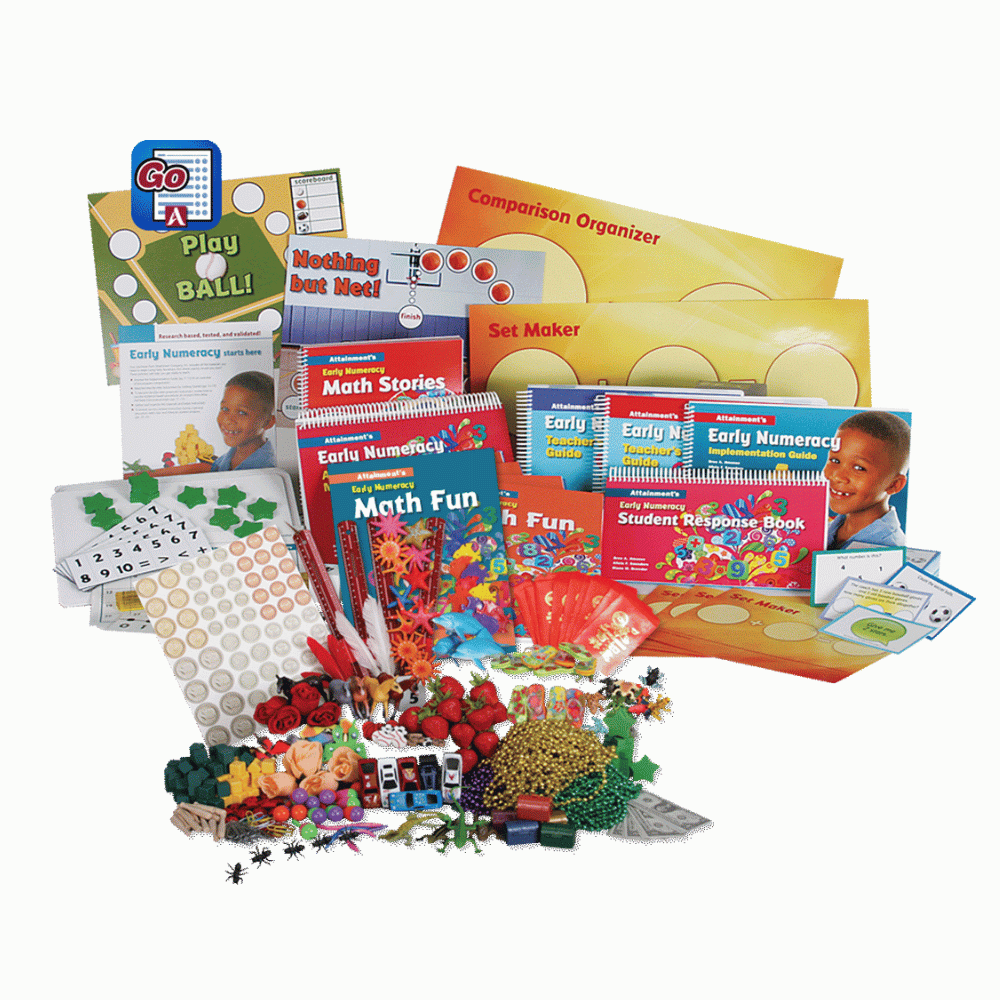
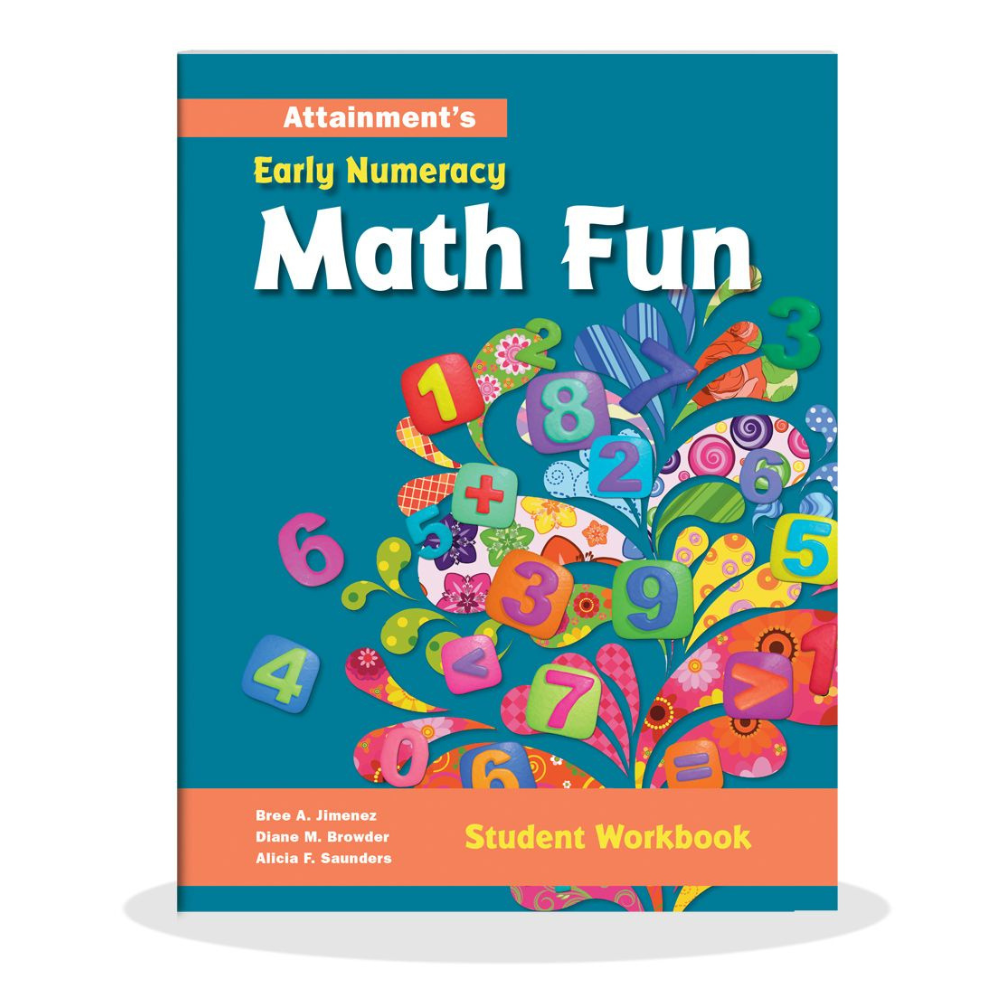
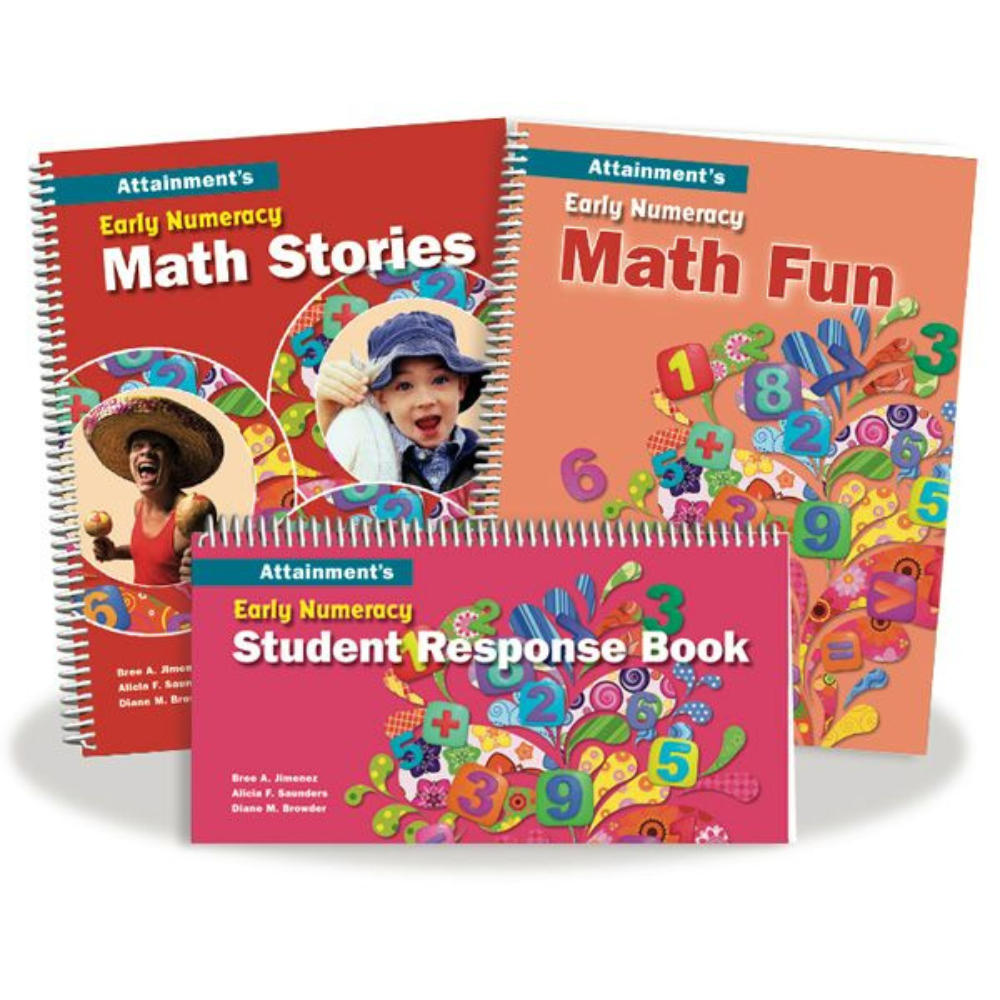
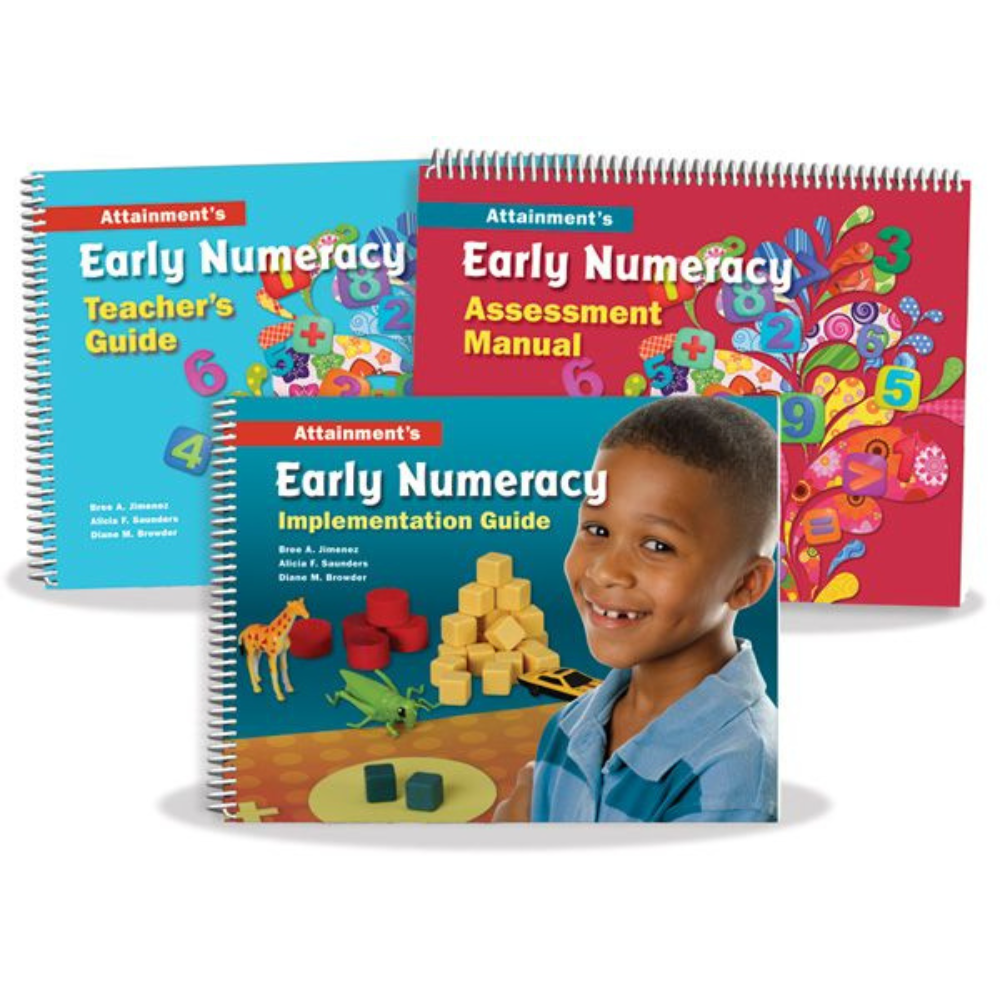
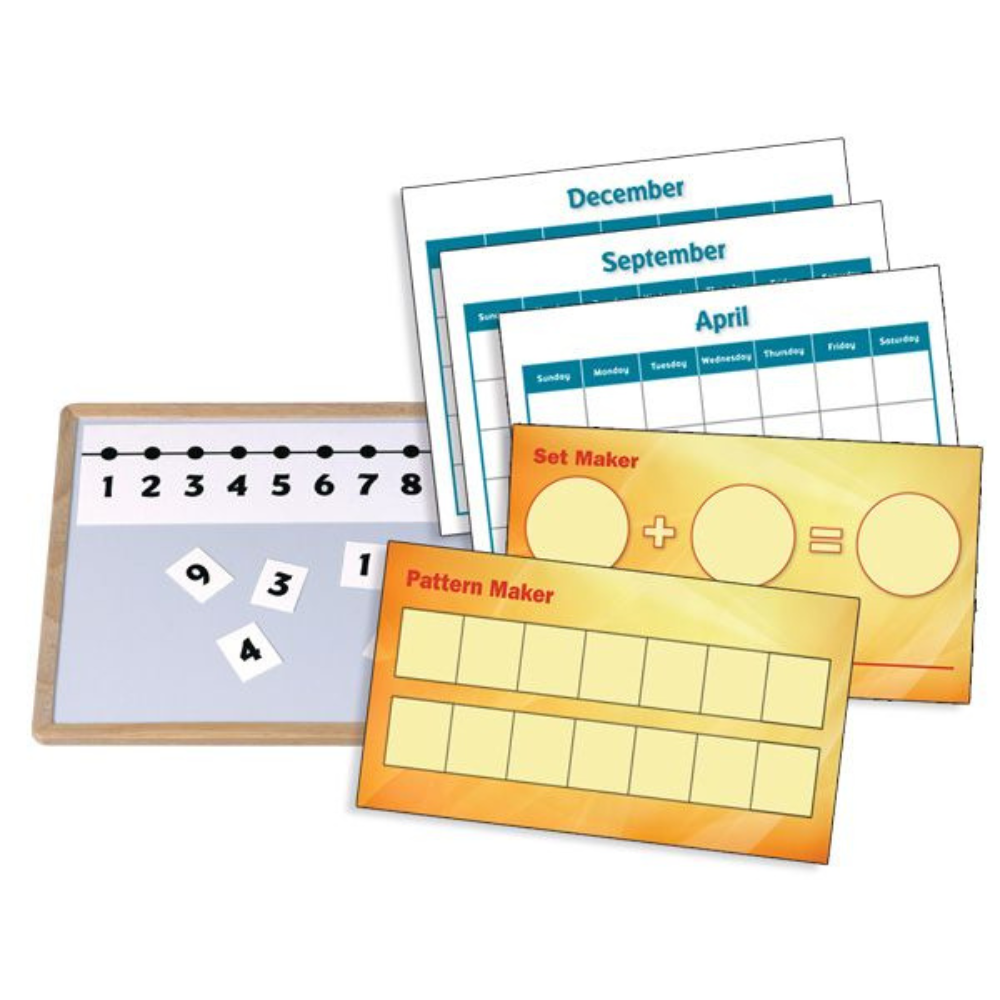
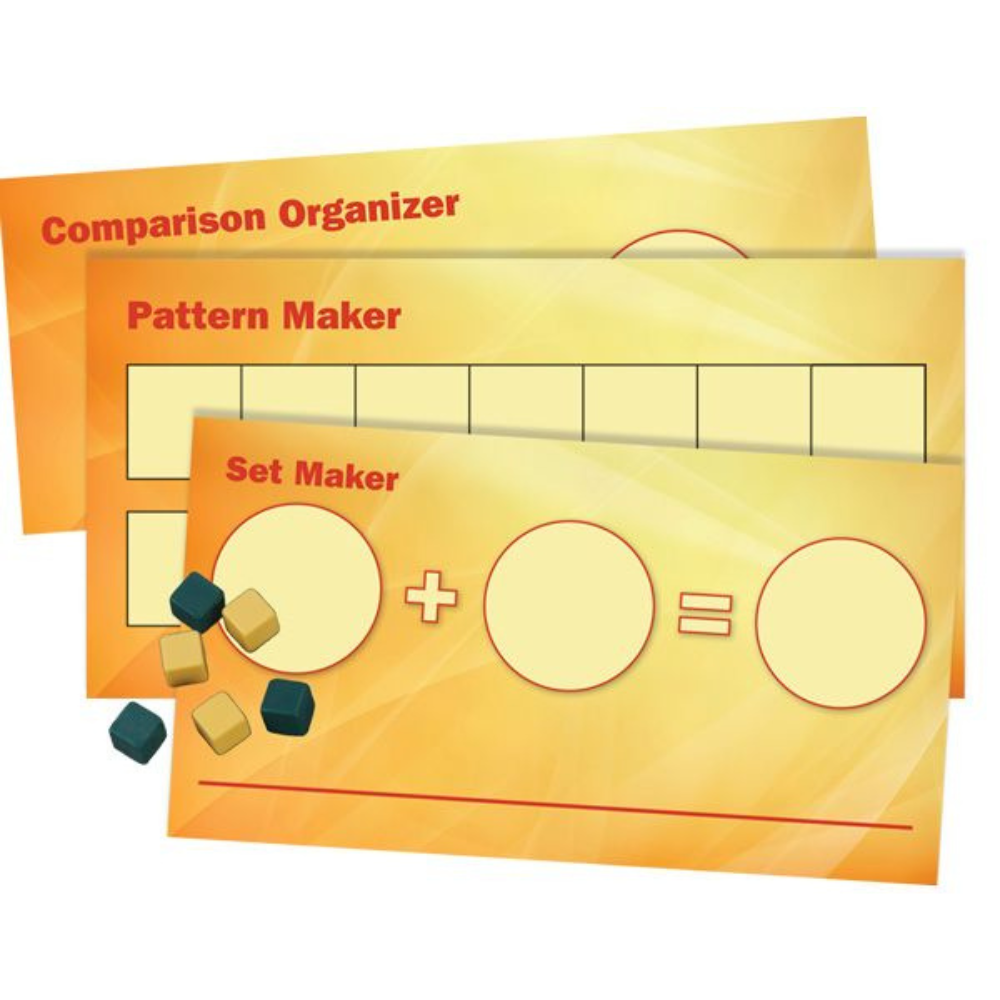
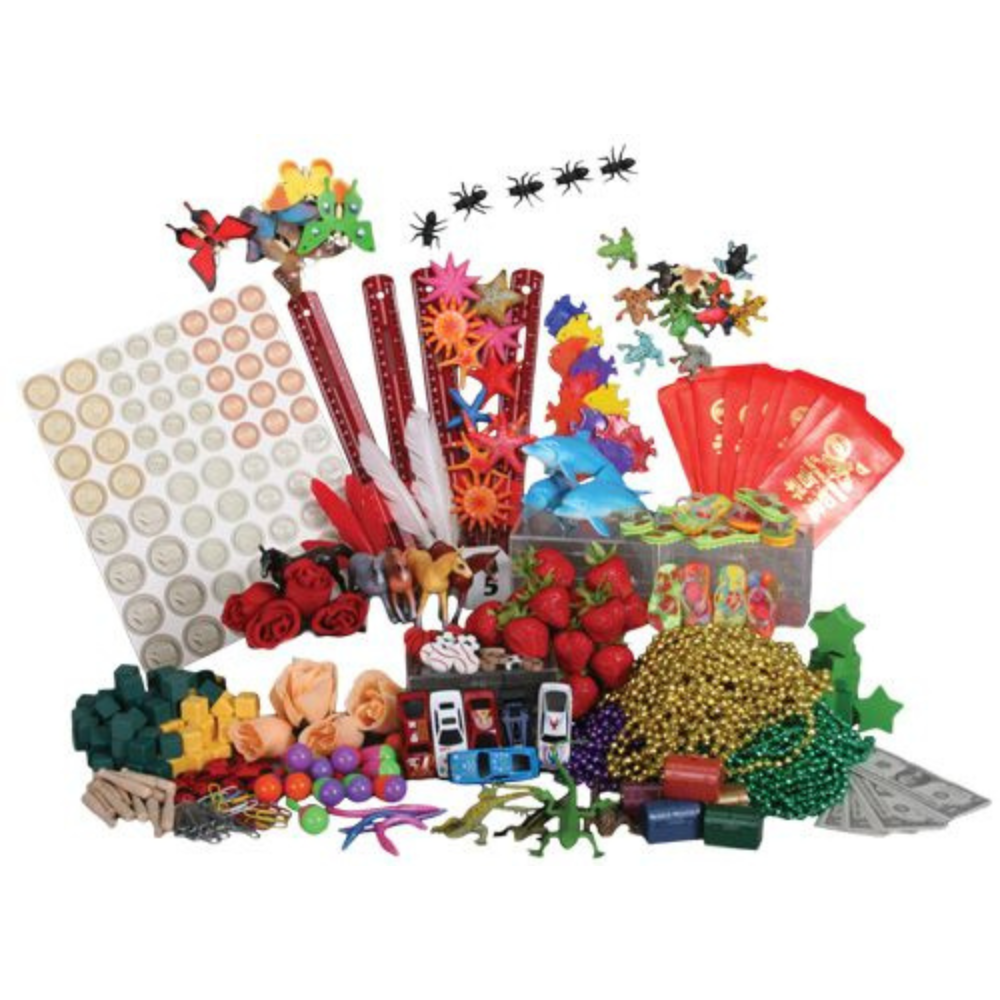
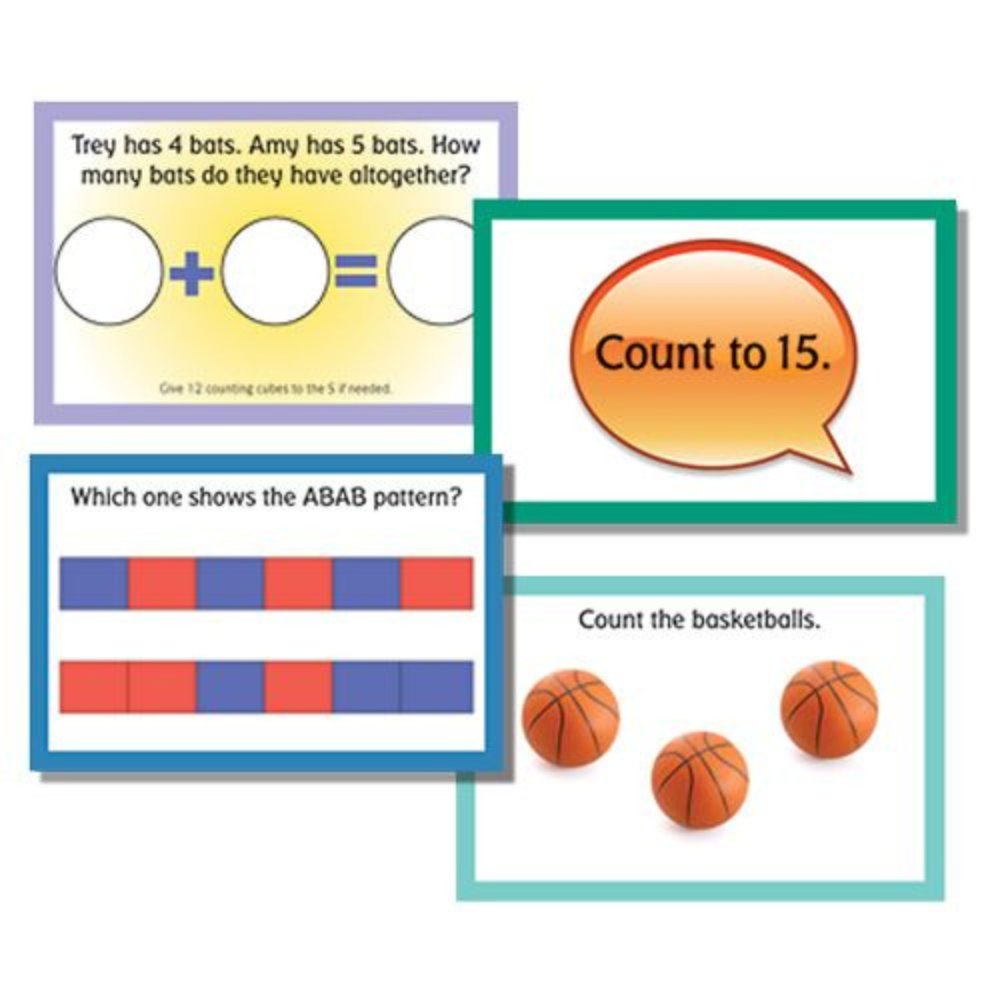
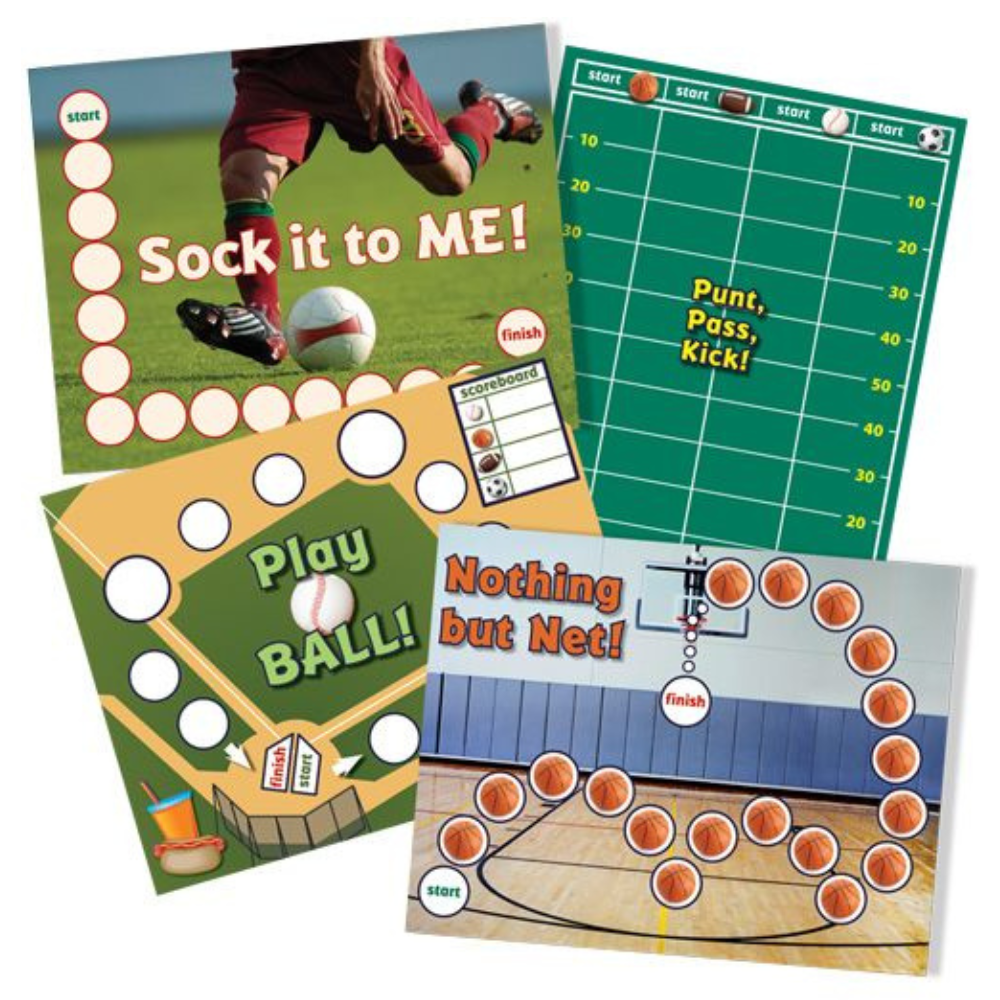
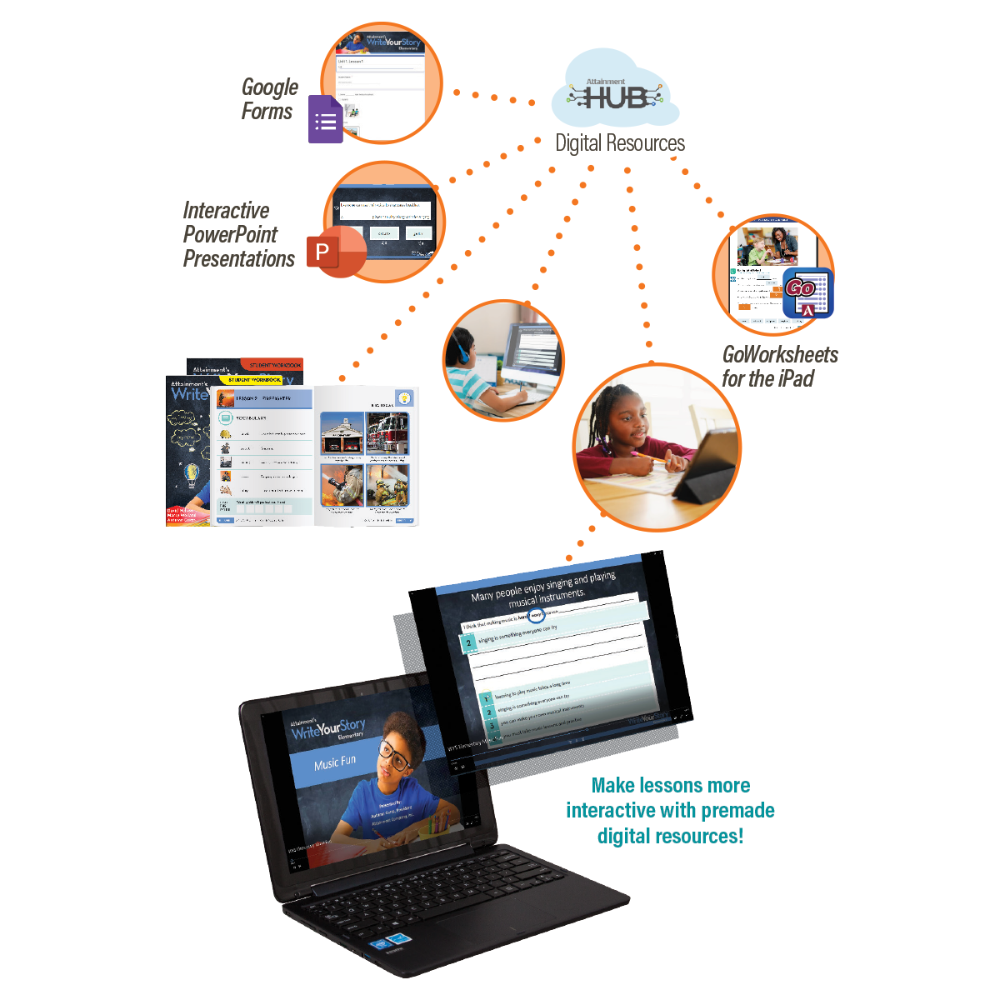
Supporting Research Articles
Browder, D. M., Jimenez, B. A., Spooner, F., Saunders, A., Hudson, M., & Bethune, K. S. (2012). Early numeracy instruction for students with moderate and severe developmental disabilities. Research and Practice for Persons with Severe Disabilities, 37, 308-320.
Hudson, M.E., Zambone, A., & Brickhouse, J. (2016). Teaching Early Numeracy Skills Using Single Switch Voice-Output Devices to Students with severe Multiple Disabilities. Journal of Development and Physical Disabilities, 28:1, 153-175.
Jimenez, B. A., & Kemmery, M. (2013). Building early numeracy skills in students with moderate intellectual disability. Education and Training in Autism and Developmental Disabilities, 48, 479-490.
Jimenez, B. A., & Staples, K. (2015). Access to the common core state standards in mathematics through early numeracy skill building for students with moderate intellectual disability. Education and Training in Autism and Developmental Disabilities, 50:1, 17-30.
Kindergarteners with ASD – at risk)
Root, J., Henning, B., & Jimenez, B. (2019). Building the early number sense of kindergarteners with autism: A replication study. Remedial and Special Education. https://doi.org/10.1177/0741932519873121
(Curriculum – with GoWorksheet maker to develop VM)
Jimenez, B. A., & Besaw, J. (2020). Building early numeracy through virtual manipulatives for students with intellectual disability and autism. Education and Training in Autism and Developmental Disabilities, 55(1), 28–44.
